Reports killed Bollywood star Dharmendra; reality didn’t
Celebrity death hoaxes are common enough worldwide, but in India they tend to follow a specific pattern
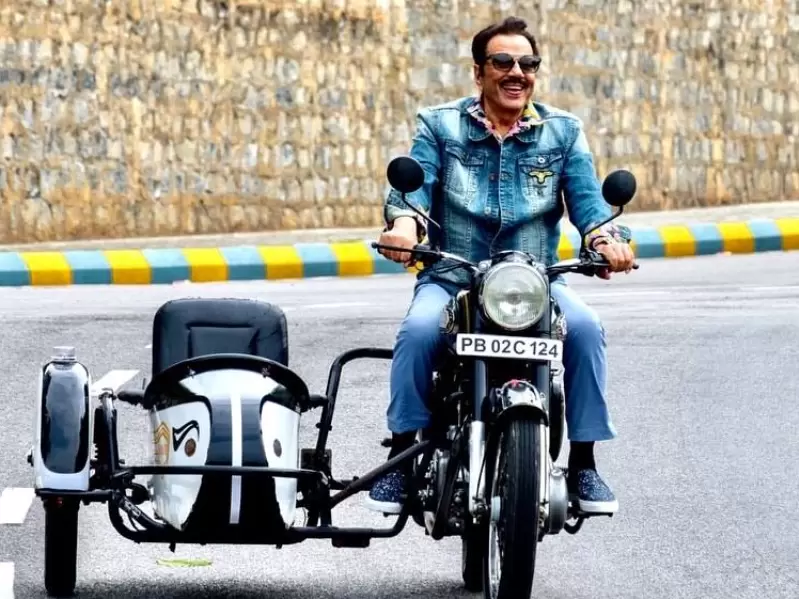 Bollywood star Dharmendra. / Facebook
Bollywood star Dharmendra. / Facebook
In late November 2025, Indian cinema fans woke up to a flood of alarming alerts: Dharmendra, one of Bollywood’s most beloved actors, had died. For a few tense hours, the rumor felt almost believable—breaking-news banners flashed across TV screens, social media filled with condolences, and even prominent political leaders publicly mourned him. Except none of it was true.
The 89-year-old actor had been admitted to Mumbai’s Breach Candy Hospital for routine tests and was discharged on Nov. 12, 2025. His family released a calm statement later that day, saying he was resting at home and asking the public to stop speculating about his health. “He loves you,” the note ended, in the warm, affectionate way Dharmendra often speaks to his fans.
By then, however, the damage was already done. Major Indian news outlets—some of the country’s largest and most respected—had pushed out unverified “RIP” headlines. India Today, Aaj Tak, ABP News, Business Standard, Outlook, and others reported his death as fact, attributing it to unnamed sources or alleged confirmations from his team. The posts were deleted soon after, and several stories were quietly rewritten as “health updates,” the kind of sleight of hand that has become routine in India’s breakneck news culture.
ALSO READ: Starkids who redefined action!
The hoax wasn’t just embarrassing; it was painful. On Nov. 13, 2025, Dharmendra’s son, actor Sunny Deol, stepped outside the family home in Mumbai and found dozens of cameras pointed straight at him.
A video from that moment shows him losing his patience, accusing the paparazzi of filming his family’s distress “without a shred of shame.” His anger wasn’t performative.
The family had been dealing with a leaked clip circulating online, one that falsely claimed to show them grieving at a hospital bedside. It was, for them, a violation far more personal than a sloppy news report.
Dharmendra’s doctor, Pratit Samdani, later explained that the actor had been admitted only for precautionary tests. He was stable the entire time, never in critical condition, and his discharge had been planned in advance. There was never any medical basis for the flurry of obituaries.
If the episode felt strangely familiar to Indian audiences, that’s because it was. Celebrity death hoaxes are common enough worldwide, but in India they tend to follow a specific pattern: a rumor on social media, a handful of hyperactive newsrooms rushing to be first, and a snowball effect that turns fiction into an international trending topic.
It happened to former Prime Minister Atal Bihari Vajpayee in 2018, to legendary singer Lata Mangeshkar before her actual passing in 2022, and to actors like Dilip Kumar, Amitabh Bachchan, and Rajinikanth multiple times. Even global stars—Morgan Freeman, Sylvester Stallone, Jackie Chan—have been declared dead by the internet more times than anyone cares to count.
What makes the Dharmendra case stand out, though, is how many institutions got it wrong at once. Even government figures—among them India’s Defence Minister, Rajnath Singh, and the chief minister of the country’s largest state—posted condolences based on false news reports. It was a rare moment when misinformation didn’t just spread from social media into mainstream media, but flowed the other way, too.
For fans, the emotional whiplash was real. Dharmendra isn’t just another movie star; he’s a cultural fixture, someone whose work stretches back to the 1960s and who still appears in major films.
For the family, the rumor added to the distress of what was supposed to be a simple hospital visit. And for the public, the episode was yet another reminder of how fragile trust in the media has become—especially in a news environment where speed often outruns accuracy.
The actor, for his part, is recovering at home and has projects lined up, including Ikkis, scheduled to release on Dec. 25, 2025. His fans are relieved. But the larger concern remains: the way misinformation can ripple into the highest levels of public discourse with almost no friction.
What happened in India in November wasn’t just a celebrity hoax. It was a snapshot of a media system struggling with the same pressures and pitfalls familiar to American audiences, too: the rush to be first, the seduction of viral content, the erosion of editorial judgment, and the very human cost of getting it wrong.
ADVERTISEMENT
ADVERTISEMENT
E Paper
Video



1759953093.png) Staff Reporter
Staff Reporter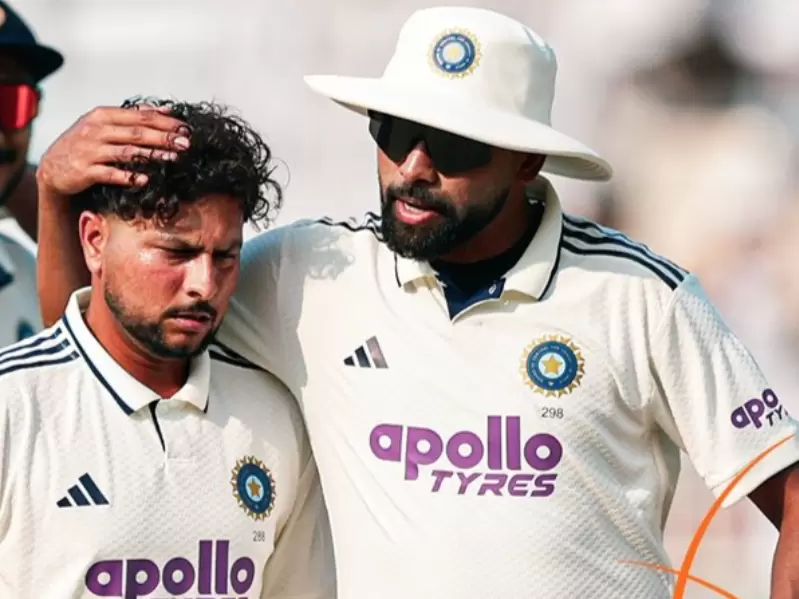
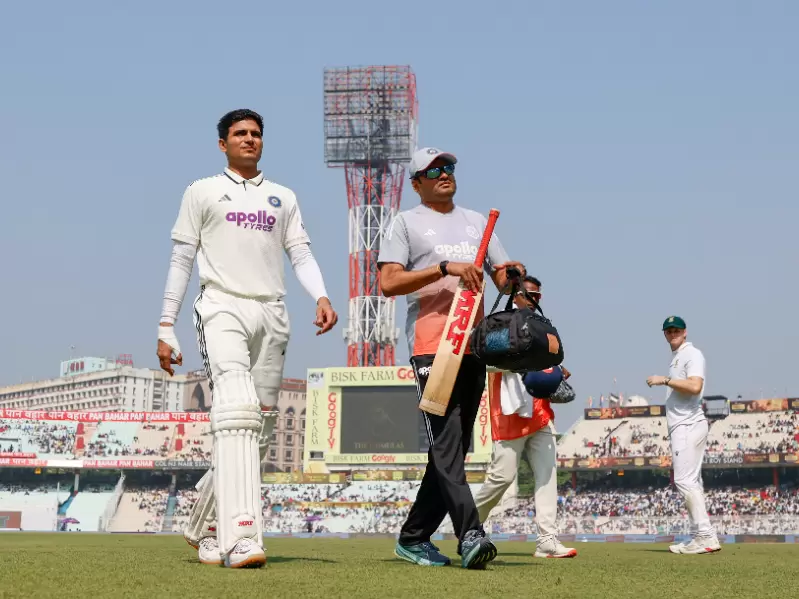

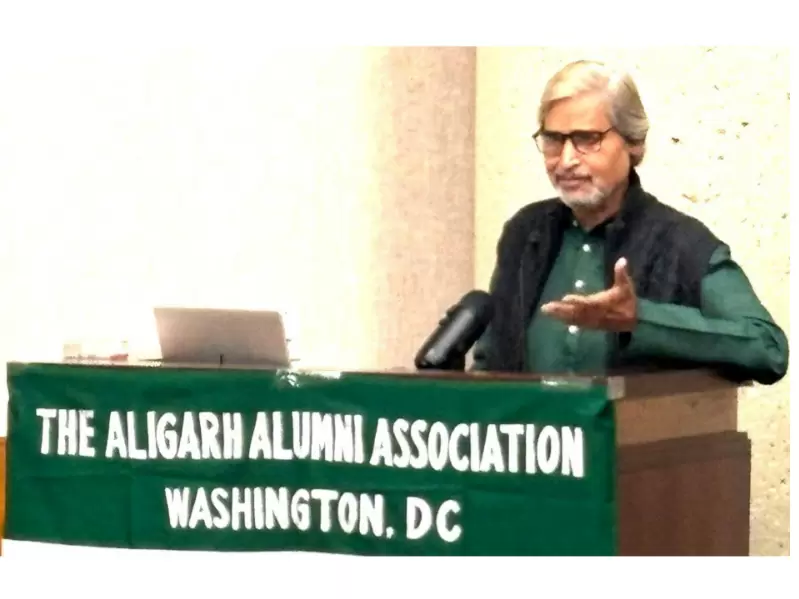
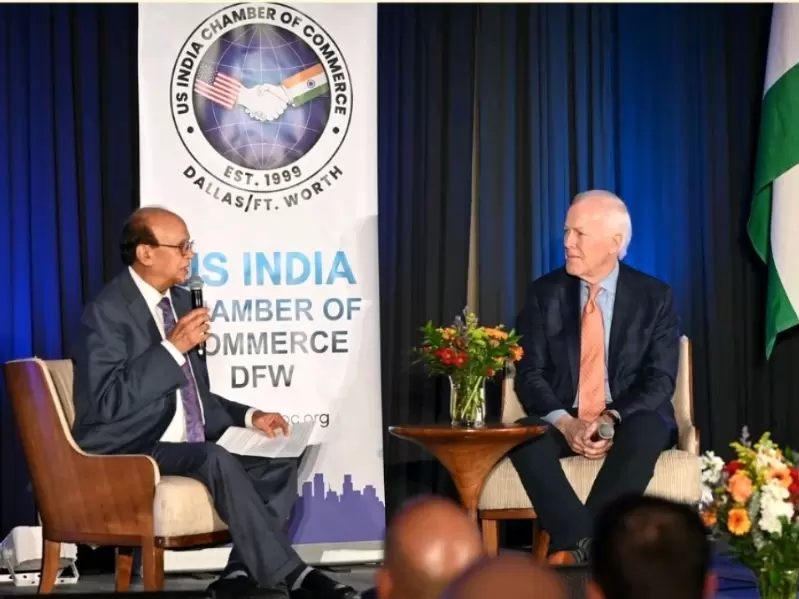

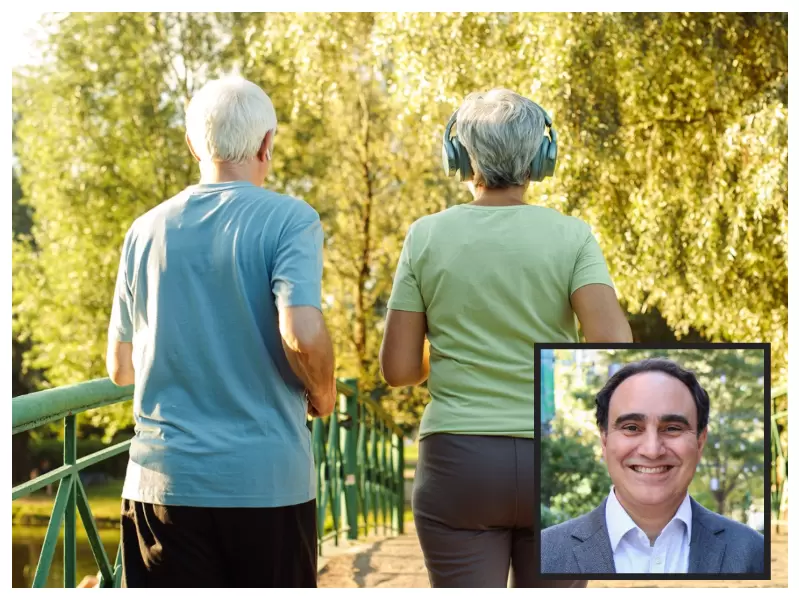


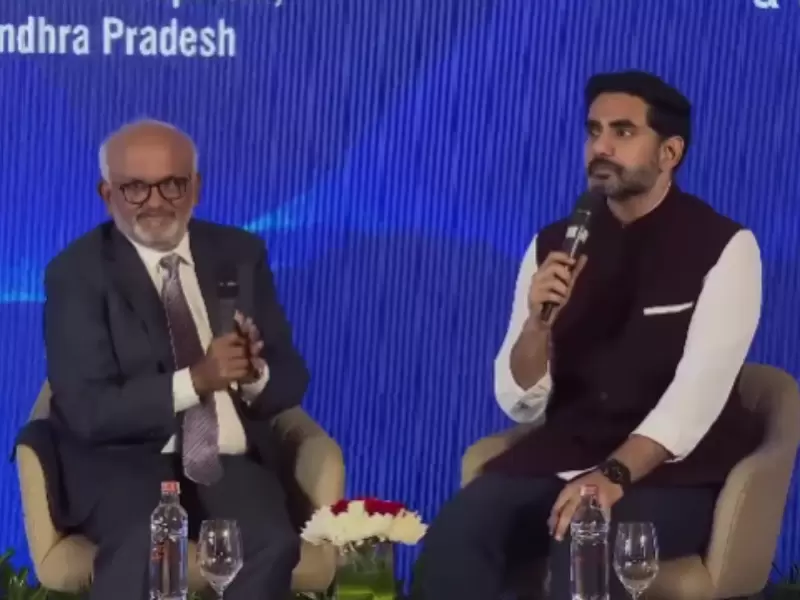
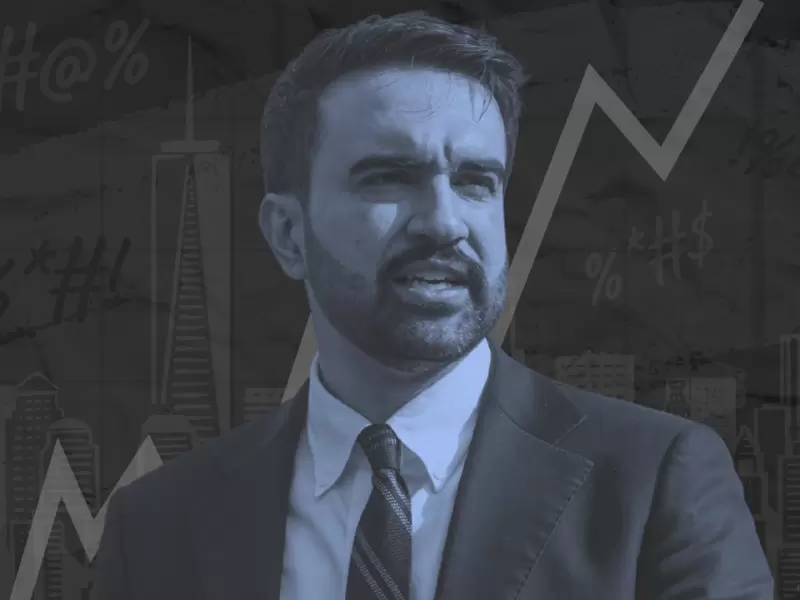

Comments
Start the conversation
Become a member of New India Abroad to start commenting.
Sign Up Now
Already have an account? Login